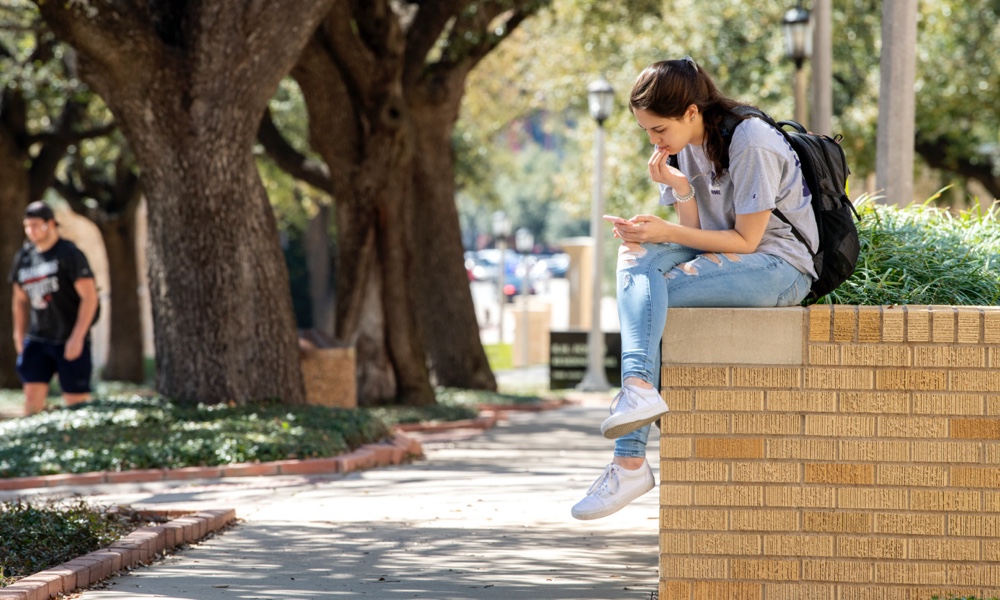Disability Information

What is a disability?
According to the ADA, an individual with a disability is defined as a person who: (1) has a physical or mental health impairment that substantially limits one or more major life activities; (2) has a record of such impairment; or (3) is regarded as having such impairment. Major life activities include but are not limited to walking, seeing, hearing, speaking, breathing, learning, working, caring for oneself, and performing manual tasks.
What does substantially limit mean?
Substantially limits is defined as being unable to perform a major life activity (i.e. caring for oneself, performing manual tasks, walking, seeing, hearing, speaking, breathing, learning, working), or significantly restricted as to the condition, manner or duration under which a major life activity can be performed, in comparison to the average person or most people.
What types of disabilities does Student Access & Accommodation serve?
Student Access & Accommodation works with students with the following disabilities: mental health, physical disability, learning disability, Autism, blind/low vision, deaf/hard of hearing, traumatic brain injury, Attention Deficit Hyperactivity Disorder, communication disorders, food related disability, or multiple diagnoses.